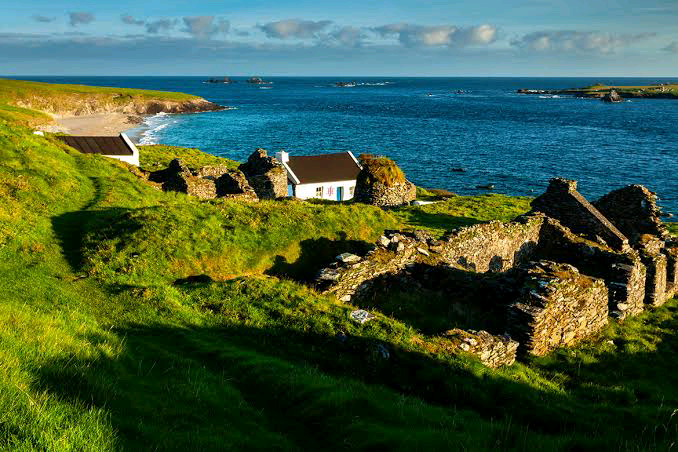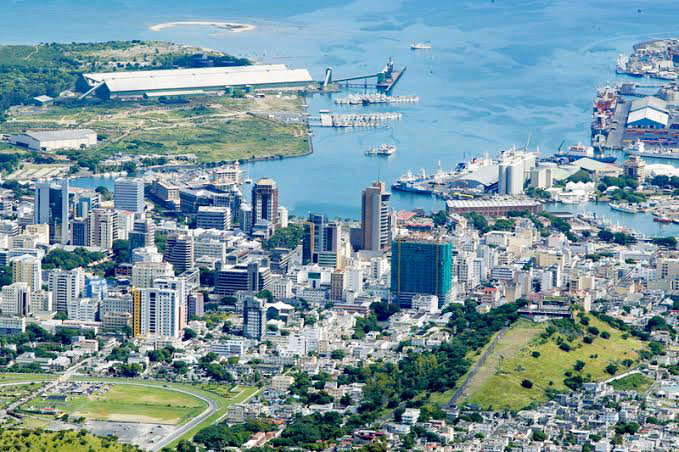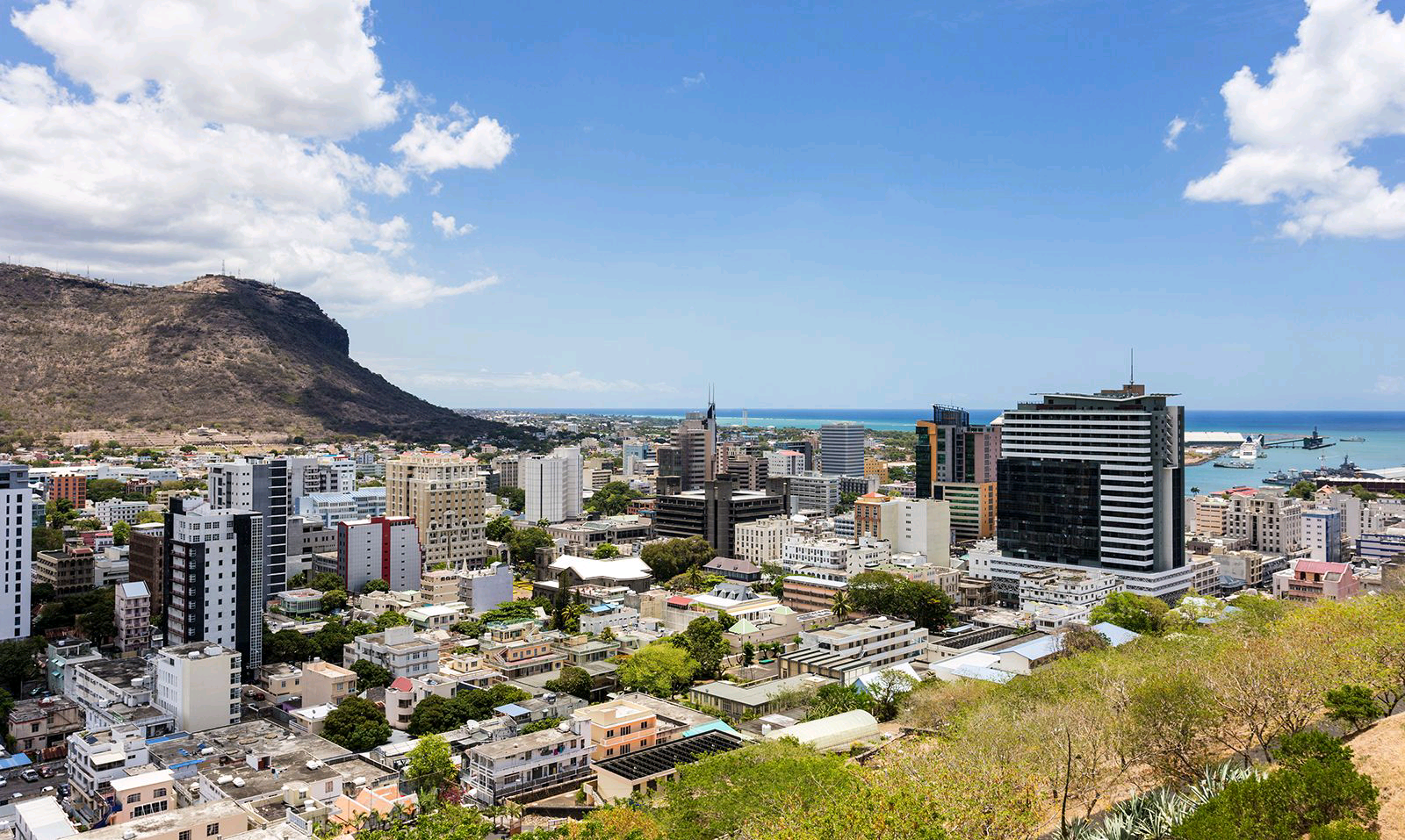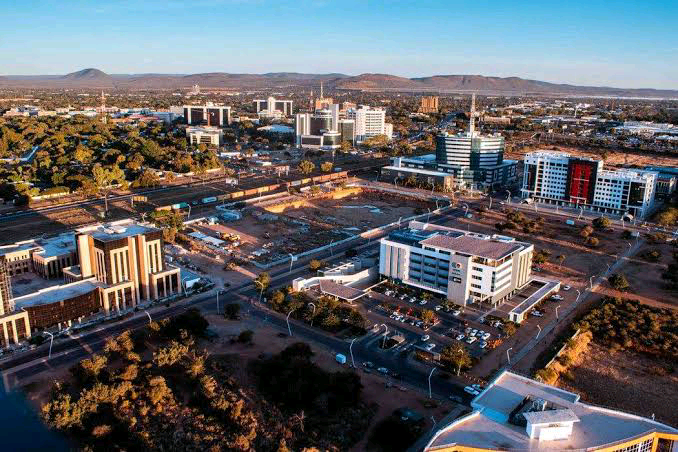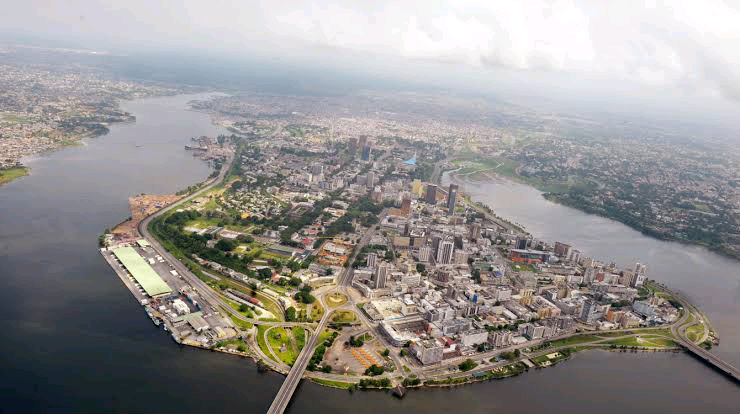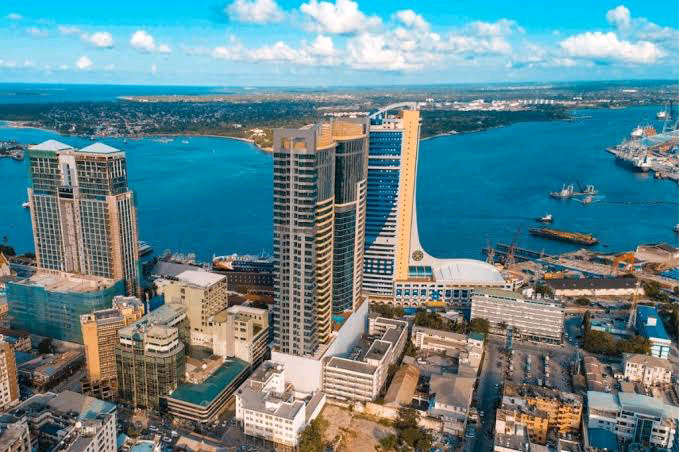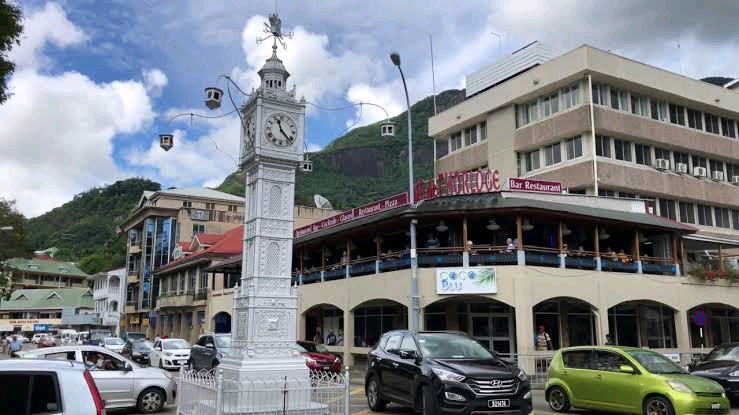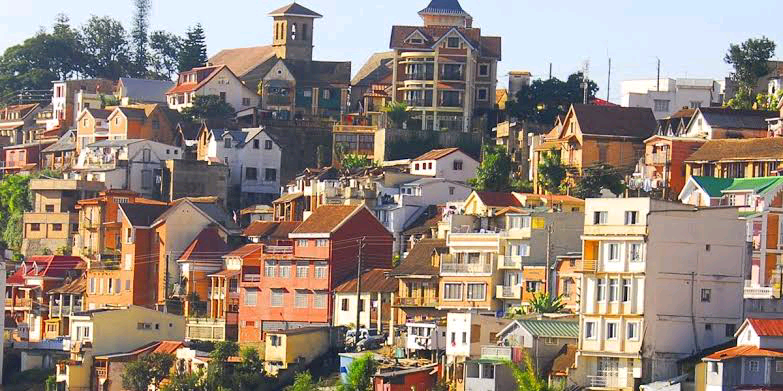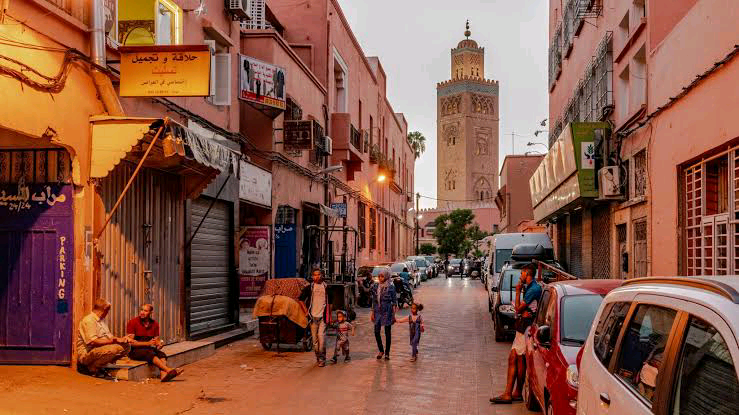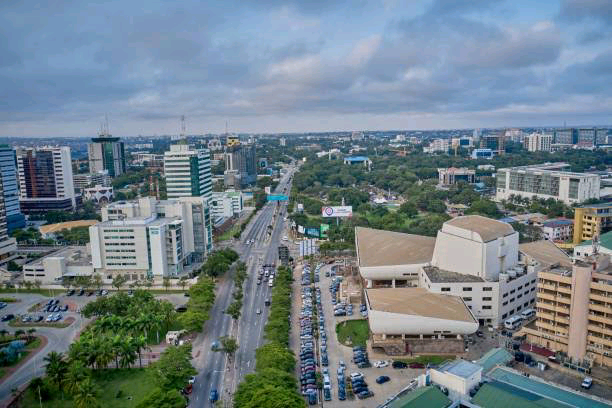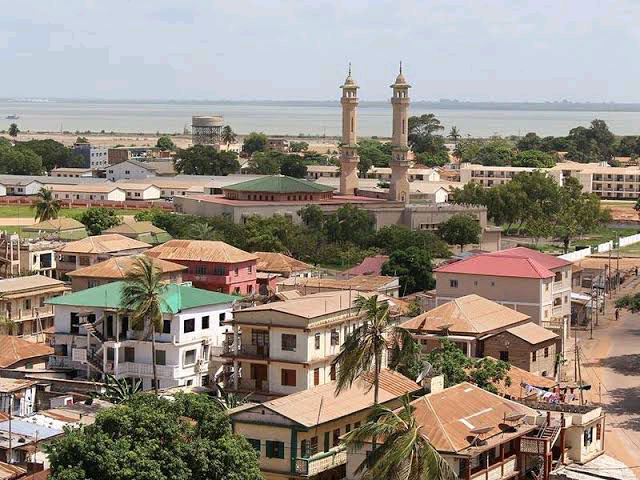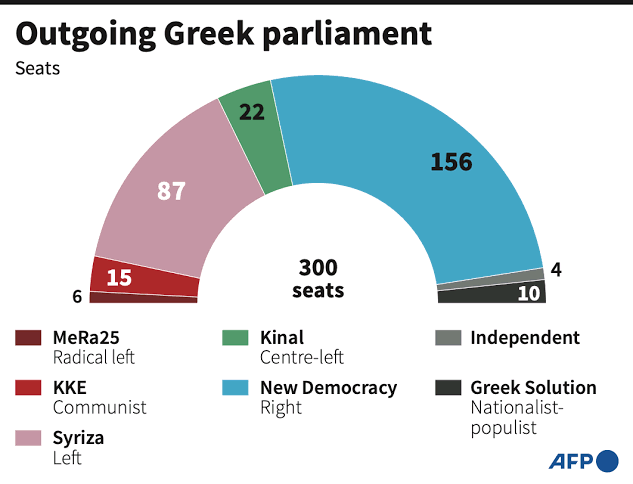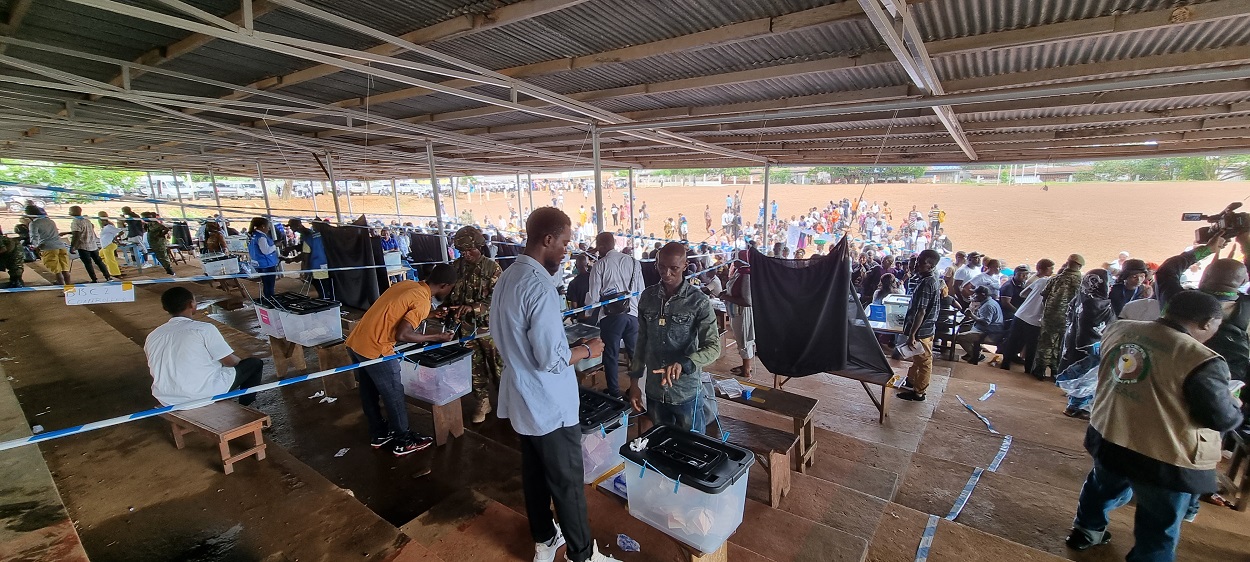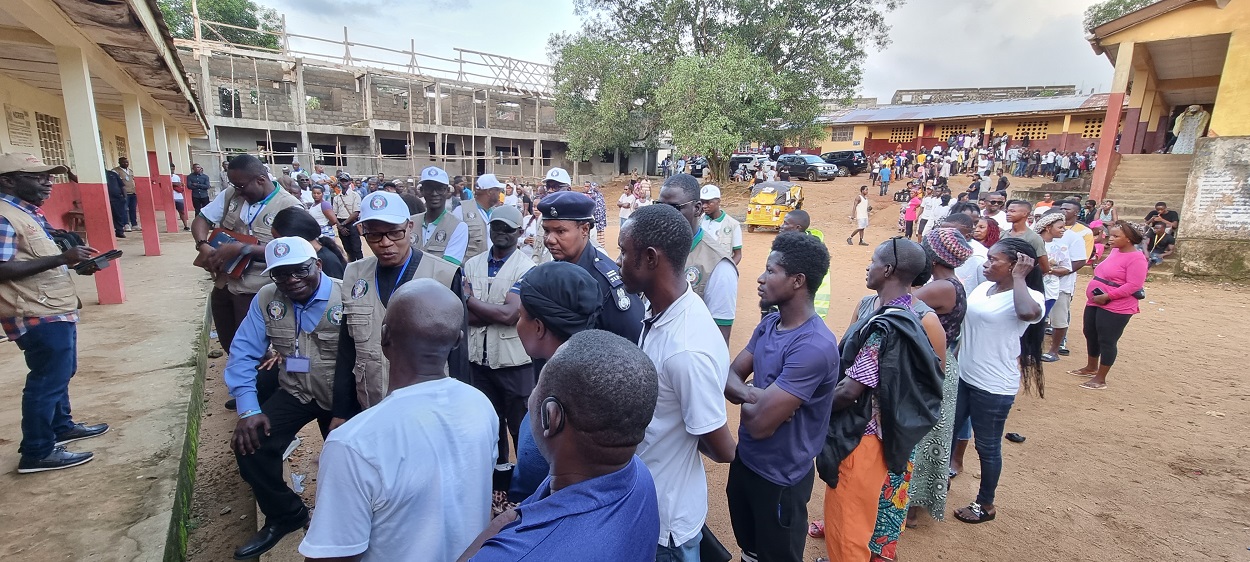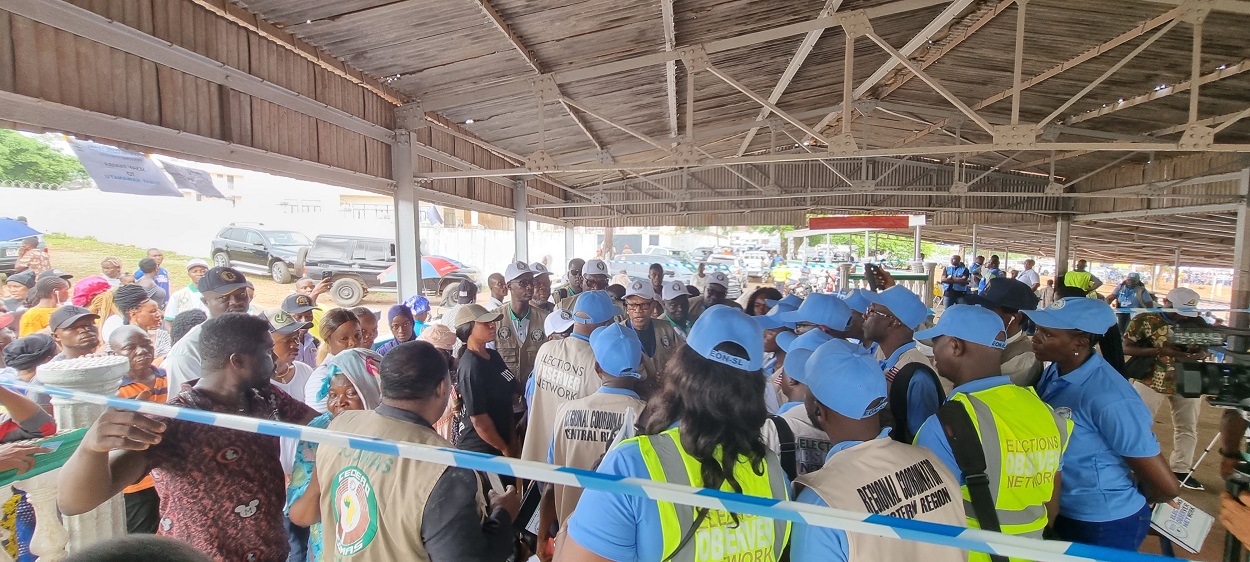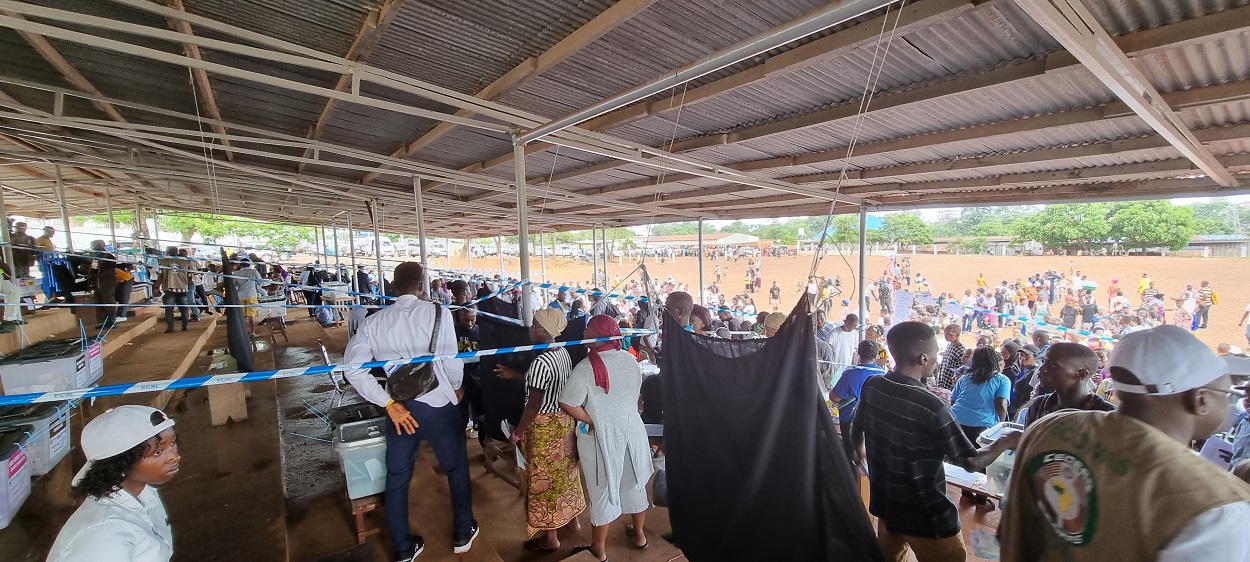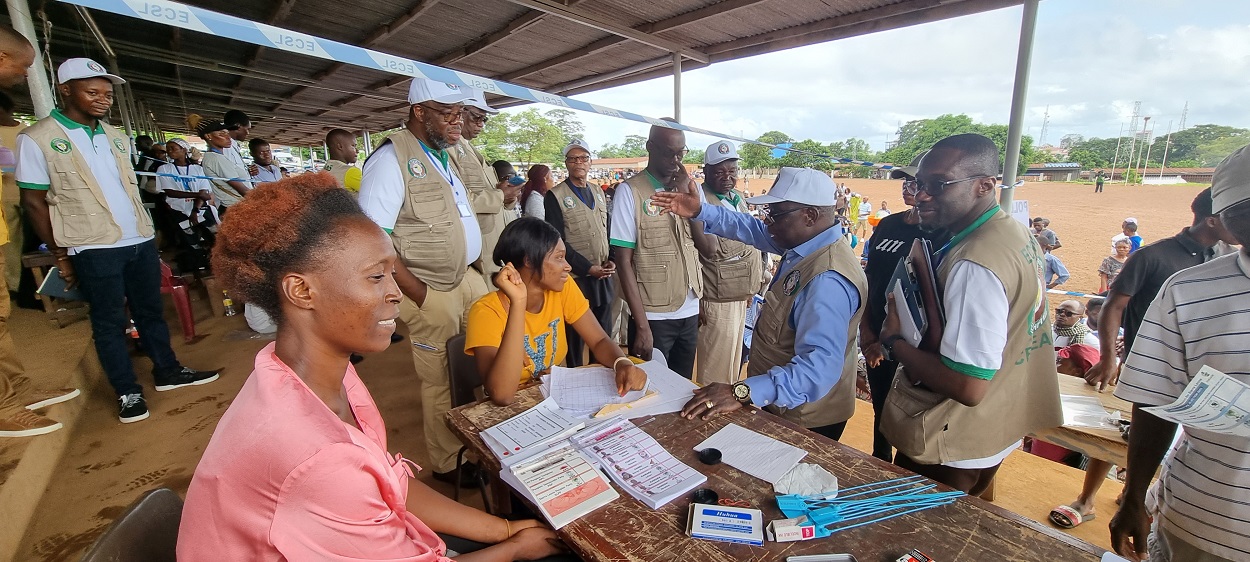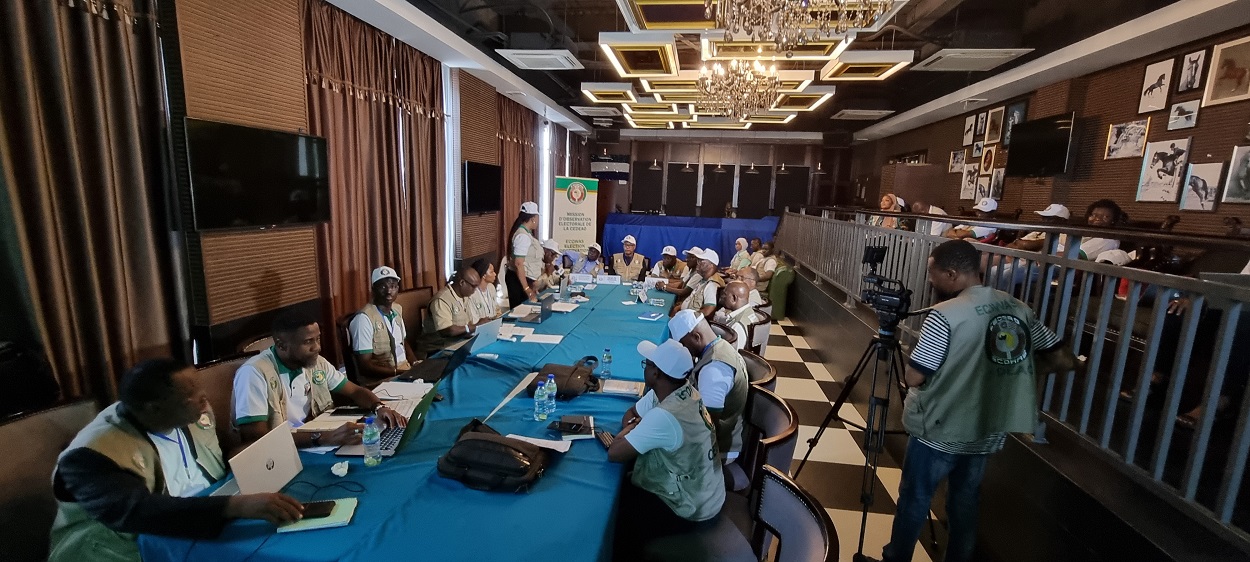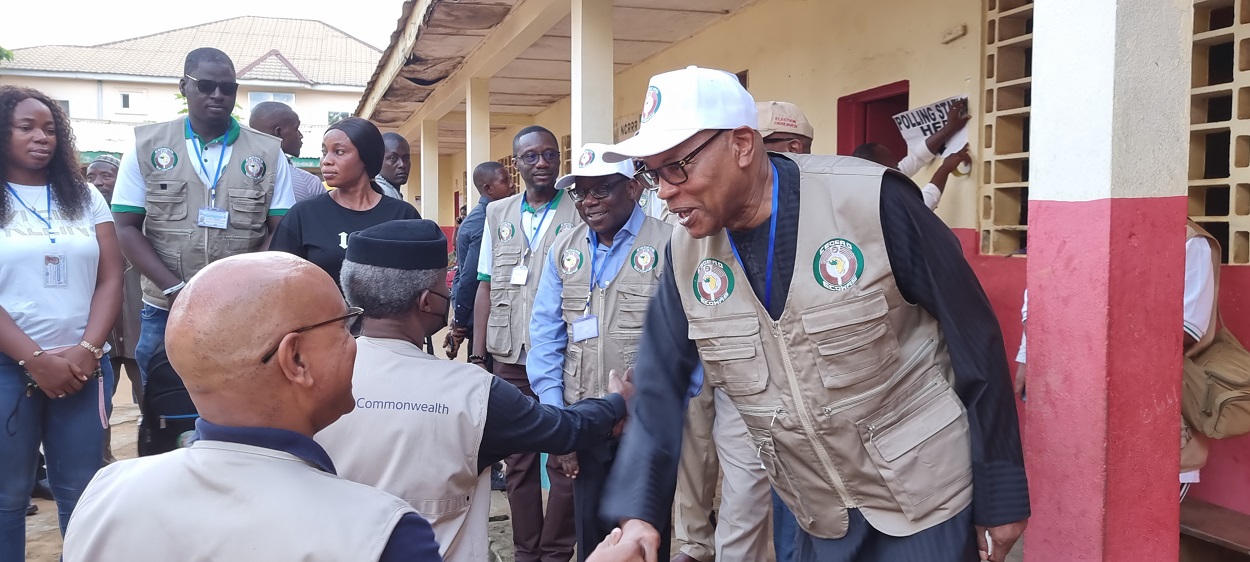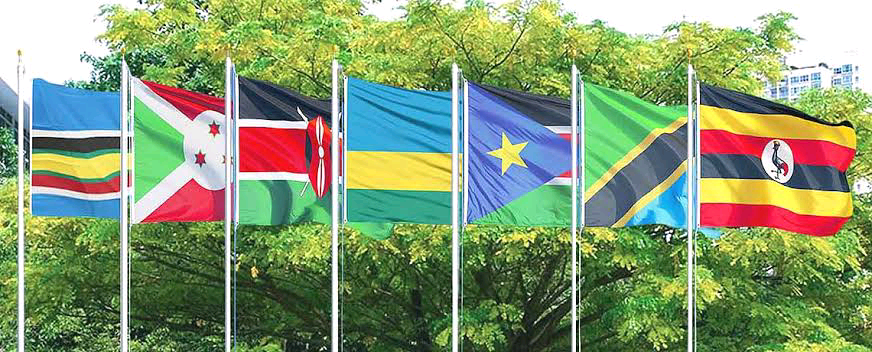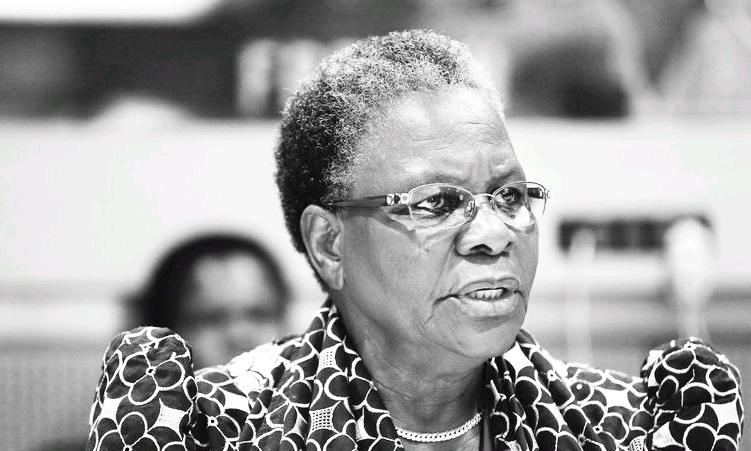If you’ve ever dreamed of leaving everything behind and living on a remote island, now might be your chance. Ireland will give you a grant of up to 84,000 euros ($92,297) if you settle one of the country’s coastal islands.
But there are conditions attached to the deal, as well as a few factors that may deter people from making the move. The islands in question are cut off from the mainland by the tide on a daily basis, and aren’t connected to it by bridges or causeways, according to the Irish government.

Around 300,000 visitors come to these islands each year, the government noted in its policy outline — but barely anyone lives there. Some islands have as few as two year-round inhabitants, while the largest has over 700. In total, around 3,000 people live across around 30 islands.
Declining population levels — especially the lack of young people — is a key concern, according to plan’s details published earlier this month. Between 1996 and 2016, the population of the islands covered by the policy was found to have fallen by 12.8%.

But the policy’s aims go beyond boosting population levels.
“‘Our Living Islands’ contains 80 actions which are designed to support and empower our island communities and the people living there,” said Heather Humphreys, Ireland’s minister for rural and community development.
“It’s all about improving housing, better access to essential services in health and education, delivering high speed broadband, and further developing our outdoor amenities, which will in turn increase tourism and support sustainable island communities.”

Improving infrastructure and increasing job opportunities, including the option for remote work, are also part of the 10-year plan, she added.
The moving process
With low levels of infrastructure and plenty of solitude, moving to a remote island might not be for everyone. And not all of those who make the move will get the full cash payout either.
The grants are part of an existing scheme the government runs across the country. Buying an existing, vacant property will get you 60,000 euros if it is on a remote island, just 10,000 euros more than if you bought on the mainland.

The largest amount — 84,000 euros — will go to those choosing to take over derelict properties. Moving into such a property on the mainland comes with a 70,000 euro grant.
The grants are designed to help people refurbish old properties that may otherwise decay — so the money could disappear quickly depending on the required levels of restoration. And it must be used for this purpose, for example, by adding insulation.

The properties in question also need to have been built before 1993 and have been unoccupied for at least two years. The scheme officially starts on July 1, but will apply to existing homebuying applications.
Similar schemes have also been launched in other countries. Sardinia, an island in Italy, offered people 15,000 euros to move there last year if they used the money to renovate a property, and various towns in the country have sold homes for just one euro or given them away for free in the past.
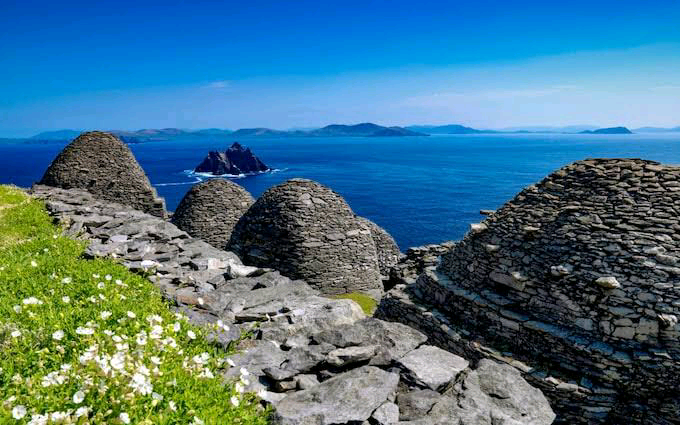
Other Italian towns and regions have tried to lure people to move there with low-cost accommodation and yearly grants, as have several towns in Spain and Switzerland.
